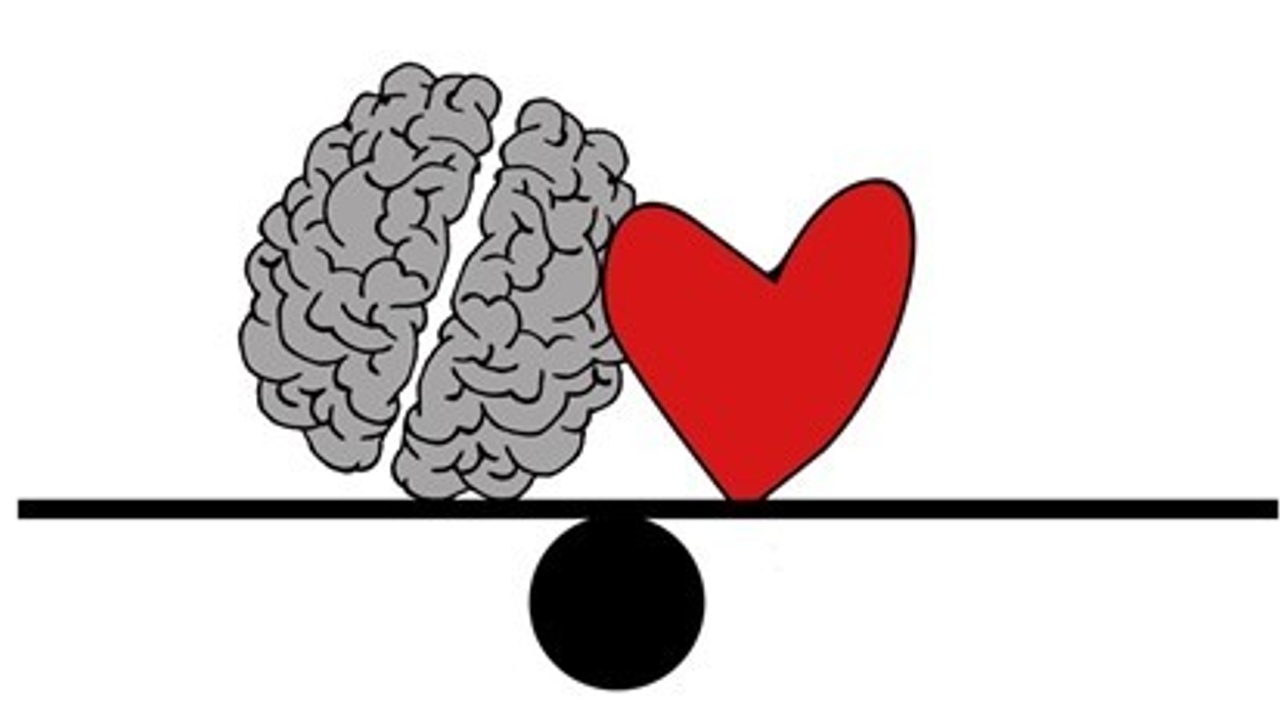What gets in the way of you changing?
Sep 05, 2021
Welcome to our blog where you will find inspiration and actionable advice to build resilience and success in these unprecedented times.
I am often asked why is it so tough to make changes in your life? So I thought this week I would do my best to explain what happens and what you can do about it.
In an ideal world behaviour change would happen like this…
‘’I know exercise is good for me
Therefore, I am going for a run’’
Wouldn’t it be great if as humans we react positively and change when we learn something that could be good for us?
But, more often we know that we should do something but we choose not to…
‘’I know exercise is good for me’’
‘’But I prefer to stay at home and watch Netflix’’
I am sure that we would all recognise this example. Even when we understand that something would bring a positive reward, we still choose to do something else. For example, in an organisational context a new set of behaviours stuck on the office wall will not in themselves successfully drive change!
Why is this?
I want to talk about an important concept from neuro-science which explains why behaviour change is such as challenge for us. Often the heart and mind do not agree! The brain has two independent systems at work. We have the emotional side that is instinctive and feels pain and pleasure and then we have the rational side that is rational and reflective.
Using an analogy by Jonathan Haidt in his book the ‘Happiness Hypothesis’ he uses the metaphor of the elephant. The rider is our conscious, cognitive, logical mind driven from the head. It knows what makes sense, plans for the FUTURE and uses conscious resources. Perched on the top of the elephant it holds the reins and seems to be the leader. But their control is precarious because the rider is so small compare to the elephant. You will have experienced this if you have ever overeaten, slept in, not done your accounts. The weakness of the elephant is clear it’s lazy, skittish and looking for the quick payoff (game of thrones) over the long-term payoff (going for a run). It represents our unconscious, intuitive, emotional brain. It wants to know how things will feel and is driven from the heart and gut. The elephant is interested in what is happening NOW. And responds in an automatic / habitual way.
When change fails normally it is because of the elephant. The rider cannot keep the elephant on the road for long enough to reach the destination. The elephant’s hunger for instant gratification is the opposite of the rider’s strength.
This is really useful to know when setting goals which require people to change their behaviour! In neuroscience this is called temporal discounting or current moment bias.
In order for the reward in the future to be effective, it has to be greater than the reward now – and the further in the future the reward is available, the greater the reward has to be to have the desired effect. Ie Given a choice we do not weigh reward in the future as highly as reward now!
As someone who wants to change you need to appeal to both your rational and the emotional sides. A compelling vision of your future will help a lot! Do you have a vision board? If not, next week I will show you how to start one.
For those of you who want to get started with our help, our next online blended NLP Practitioner begins on the 18th September 2021. Here is a link to more information: NLP practitioner course.
Have a great week.
Lindsey and all at Team NLP


